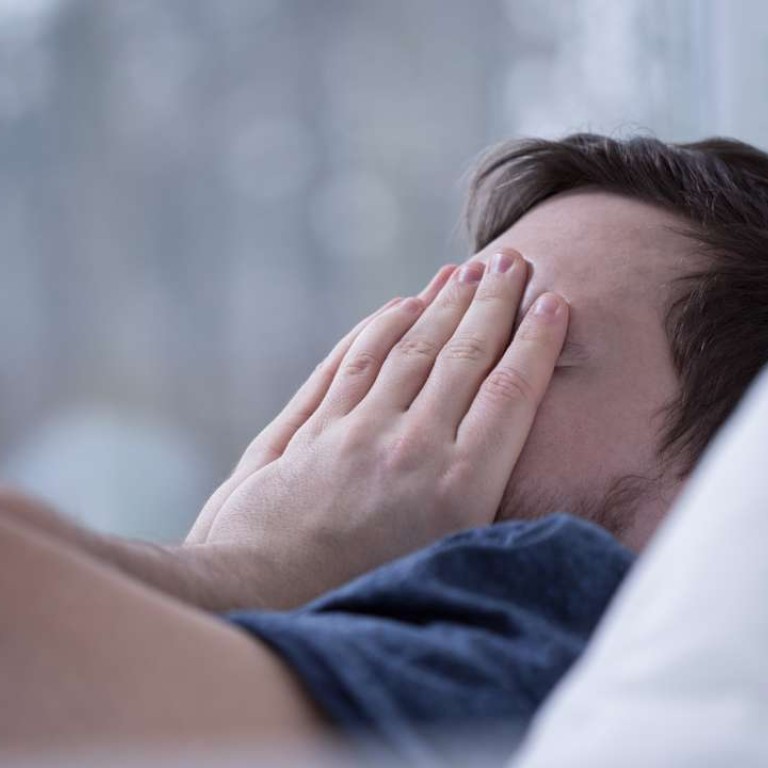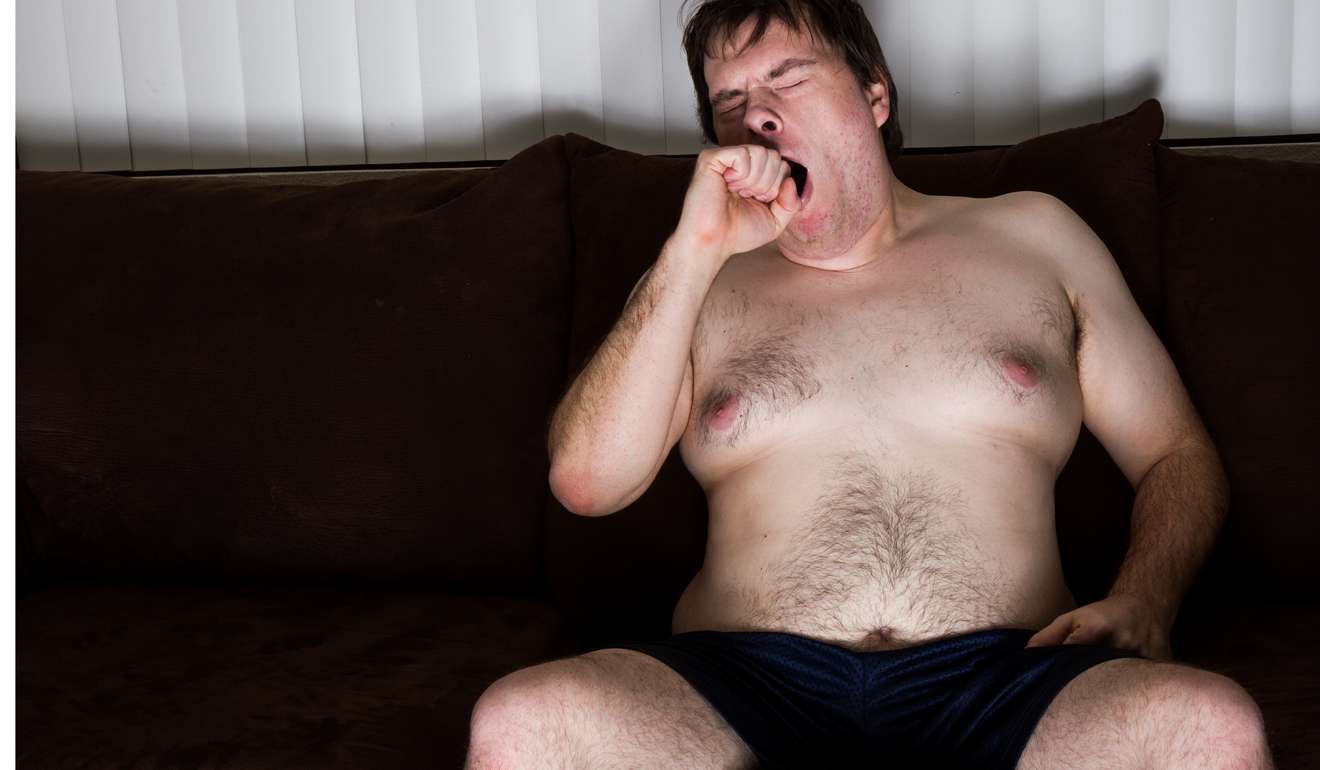
Hunger games: how lack of sleep can trick you into the junk food obesity trap
Less than seven hours’ rest for adults can cut output of a hormone that signals you’ve had enough to eat, produce more of another that increases hunger and also stir cravings for unhealthy, high-calorie food
Question: Does being sleep deprived increase your desire for junk food?
The short answer: Yes
The effects of sleep deprivation are well known. Bleary eyes and gaping yawns aside, not getting enough shut-eye at night is associated with decreased focus, alertness and concentration, problems with memory, difficulty making decisions, an increased risk of developing cardiovascular disease and high blood pressure, depression, and emotional instability. Skimping on sleep also has a well-documented link to weight gain and obesity. And there are few reasons for this.
Sleep-deprived and internet-mad, Hongkongers place last in healthy living survey of Asia
Firstly, people who are chronically deprived of sleep feel hungry more often and tend to eat more because their brain cannot sense when their hunger is satiated. According to Ingrid Kan, a Hong Kong-based dietician, with insufficient sleep, the body produces less leptin, a hormone made by fat cells that basically signals to your brain that you have had enough to eat. At the same time, sleep deprivation causes an increase in ghrelin, a hormone released by the stomach that increases hunger and appetite. This hormone also stimulates the gastric motility and the secretion of gastric acid.
Even a few days of insufficient sleep can have the same effect on leptin and ghrelin levels. Kan points out that in one study, after six days of bedtime restriction to four hours per night, the plasma concentration of leptin in subjects was markedly decreased, particularly during the night.

The second reason we tend to put on weight when we’re sleep-deprived: Simply put, when we don’t get enough sleep we feel more lethargic. This lack of energy makes us more inclined to skip exercise, which can in turn cause us to conserve calories.
How your smartphone can actually improve your sleep
Third, being sleep deprived increases our craving for unhealthy foods. According to Esther Yuet Ying- lau, assistant professor at the Department of Psychology, The Education University of Hong Kong Centre for Psychosocial Health, this may be due to poor emotional functioning.

“Mood and emotional regulation can be another mechanism bridging sleep deprivation and weight gain,” she explains. “Sleep deprivation results in poorer mood states and poorer emotional regulating abilities in general. And poor emotional functioning – for example, being in a bad mood, high perceived stress levels and/or depressive symptoms – in turn is found to lead to more high-calorie food choices.”
A study published in Nature Communication backs this up, revealing neuroimaging evidence that showed the association between sleep deprivation and the selection of foods most capable of triggering weight gain.
How much sleep do you really need? Read our chart to find out
According to Kan, a recent study found that sleep deprivation also boosts a chemical signal that increases the pleasure and satisfaction associated with eating. She says: “This chemical signal is endocannabinoid 2-arachidonoylglycerol, or 2-AG. Blood levels of 2-AG are typically low overnight. They slowly rise during the day, peaking in the early afternoon. In the study, the authors found that 2AG levels were very high in those study subjects who lacked sleep. As a result, the subjects were less able to inhibit their intake of highly palatable, rewarding snacks. This chemical signal was therefore found to be the culprit of the subjects’ cravings for unhealthy, carbohydrate-dense foods.”

How do you know if you’re sleep-deprived? The US National Sleep Foundation recommends nine to 11 hours of sleep every night for school-aged children, eight to 10 hours for teenagers, seven to nine hours for young adults and adults, and seven to eight hours for older adults.
Lack of sleep can turn you into a slacker and shorten your life
“Falling below the recommended sleep duration can be considered some extent of sleep deprivation or partial sleep deprivation,” Lau points out. “If you always rely on an alarm clock to wake you up, if you feel sleepy or even fall asleep during daytime activities such as meetings or lectures or while watching TV, or if you sleep in on weekends or your off-days, there’s a good chance that you are not getting enough sleep.”

